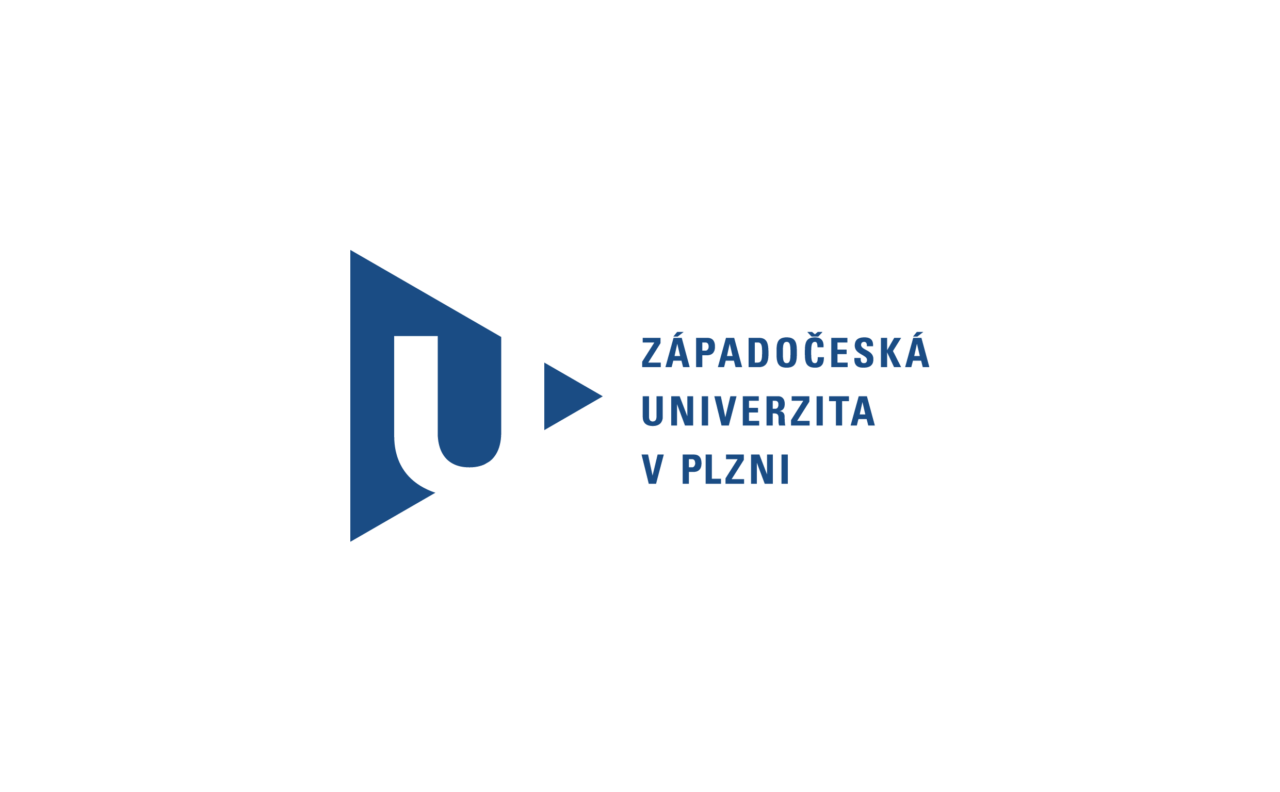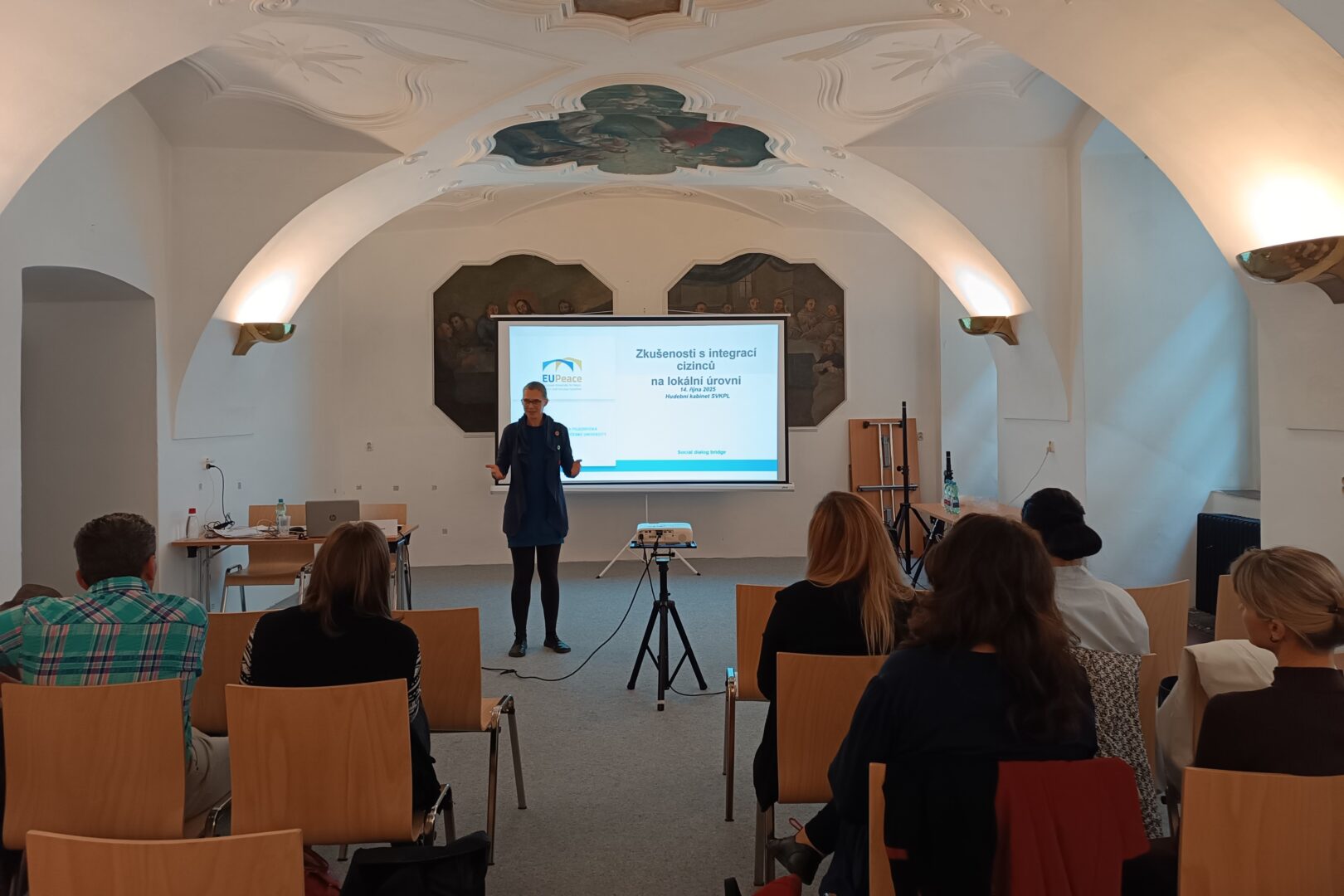Language courses, access to education, job opportunities, and the creation of open community spaces – according to experts from the academic and public spheres, these are the most important principles in integrating foreigners into society in the Czech Republic.
The Faculty of Arts at the University of West Bohemia offered to help with sharing experiences in these areas and organised a discussion meeting. The initiators were inspired by the Bridge Dialogue format, which is commonly used by other members of the EUPeace Alliance, and which supports the sharing of perspectives on a specific topic between the academic community, civil society, and external stakeholders.
Participants presented examples of successful projects and proposals for improving the cooperation between institutions. Marie Jelínková from the Faculty of Social Sciences at Charles University, an expert on migration and the integration of foreigners and author of the official Methodology of Field Social Work with Migrants, drew attention to the trend of individuals concentrating in larger municipalities and the importance of the size of the municipality in managing these situations, as well as the impact of the lack of information and methodological support. As examples of good practice in the integration of foreigners beyond the borders of Czechia, Jelínková mentioned international research in Poland and Israel.
Contact

The Integrapolis project, focused on supporting three Czech cities (Olomouc, Hradec Králové, and Prague 10) in addressing the challenges associated with the integration of foreigners, was presented at the meeting by Andrea Krchová from the Consortium of Non-Governmental Organisations Working with Migrants. Practitioner insights were also provided by Viktor Rumpík from Diakonie West, who drew attention to the issue of labour exploitation and the significant rise in illegal and semi-legal employment practices involving foreign workers in the Pilsen region. Zuzana Ostřanská from the Association for Integration and Migration shared experiences from cooperating with the Prague 3 municipal district. She emphasised the importance of an information campaign aimed at reducing misunderstanding and fears among residents regarding coexistence with migrants.
Researchers from the Faculty of Arts also explained how this discussion relates to the EUPeace Alliance’s activities aimed at promoting civic engagement, social cohesion, and community involvement in addressing social challenges through the interaction of academic and non-academic perspectives. “The event contributed to deepening dialogue among regional stakeholders and confirmed the importance of international networks such as EUPeace for strengthening the social responsibility of universities and their involvement in addressing current societal challenges,” said one of the organisers, Helena Bauerová from the Department of Politics and International Relations. According to sociologist Alena Pařízková, the meeting delivered on the organisers’ intentions: “The main goal was to create a space for open dialogue on local integration strategies. And I believe we succeeded beyond expectation.”
